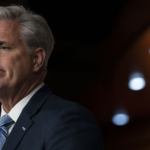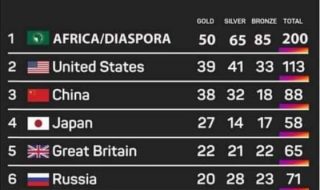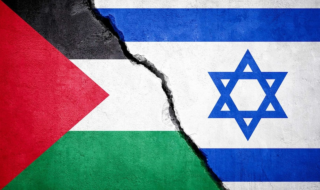
Rio 2016, XXXI Olympic Games is nigh
From Sao Paulo to Fortaleza, Curitiba to Belo Horizante, Brasilia to Manaus, Recife to Porto Alegre, and, Rio de Janeiro.
The world’s satellite tunes to Brazil again; this time, it is not for 32 countries chasing only a spherical object called football, but for the biggest feast in the global sporting history. It is for the event which was considered a ‘religion.’ It is for the event which determined the calendar of the ancient Greeks. It is for the event which was staged in wooded valley of Elis where Greeks erected statues and built temples in a grove dedicated to Zeus, supreme among their gods. The greatest shrine was an ivory and gold statue of Zeus. Created by the sculptor Phidias, and was considered one of the Seven Wonders of the World.
Isn’t it amazing, isn’t it intriguing that 206 countries from six continents assemble at a city for only three weeks, and within that period, display their culture whilst striking it out in 306 events in 28 sports ranging from Archery to Volleyball and figuring out the history of this beautiful tradition.
Scholars have speculated that in 776 BC, the first games were held after they were organized into festivals held every four years as a result of a peace agreement between the city-states of Elis and Pisa. The Eleans traced the founding of the Olympic games to their King Iphitos, who was told by the Delphi Oracle to plant the olive tree from which the victors’ wreaths were made.
According to Hippias of Elis, who compiled a list of Olympic victors c.400 BC, at first the only Olympic event was a 200-yard dash, called a stadium. This was the only event until 724 BC, when a two-stadia race was added. Two years later the 24-stadia event began, and in 708 the pentathlon was added and wrestling became part of the games. This pentathlon, a five-event match consisted of running, wrestling, leaping, throwing the discus, and hurling the javelin. In time boxing, a chariot race, and other events were included.
The victors of these early games were crowned with wreaths from a sacred olive tree that grew behind the temple of Zeus. According to tradition this tree was planted by Hercules (Heracles), founder of the games. The winners marched around the grove to the accompaniment of a flute while admirers chanted songs written by a prominent poet.
Enough of the history, the XXXI Olympic Games is nigh, but the fever has already engulfed some countries as they journey to the Maracana on Friday to fly high their flags for the tournament to kick off.
The build up to the competition is not without controversy, notobly, IOC banning Russia after WADA found them guilty of using drugs, before clearing 70% of their team. There is the heartbreak of Brazil feeling the emptiness of Tennis star, Roger Federer but hopes of seeing Usain Bolt set the world ablaze on the field is just phenomenal. And there is Michael Phelps, the most decorated Olympic athlete of all time, adding a unique honor to his glittering resume,
Sprint Queen Shelly-Ann Fraser-Pryce will match on with Jamaica’s ‘Black, Gold and Green’ during the Opening Ceremony, and there is the young Ghanaian, 16 years, Abeiku Jackson, coached by his father who has phobia for water who already have 34 gold medals and a silver at international competions he represented Ghana.
From American perspective, the NBA is theirs to lose, while Brazil would seek to make amends for the horrendous display in the last edition and the last world cup. Records will be broken, others be set. Ambivalent emotions and perfect display of elegancy can’t be ignored.
A man can only walk on the road laid before him, and on this road, Rio de Janeiro is venue to make the mark.
Muftawu Nabila Abdulai – GCBM Sports Correspondent
















